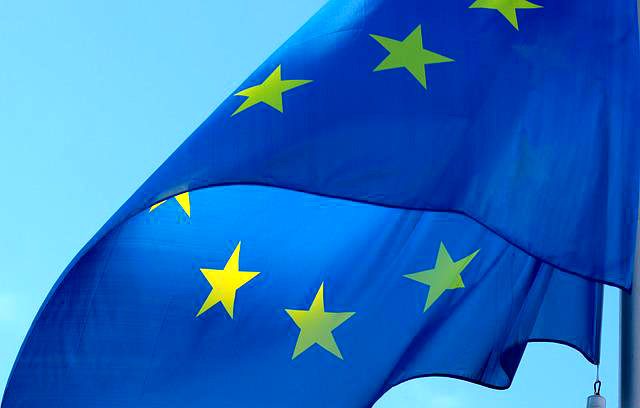Source: Oleoscope (Russia)
The agriculture ministers of Bulgaria, Hungary, Romania and Slovakia have appealed to the European Commission to cancel the increased quotas for agricultural products from Ukraine and oblige Ukrainian companies to adhere to the standards adopted in the EU market. This was announced by the head of the Ministry of Agriculture of Hungary Istvan Nagy.
“In a joint letter with my colleagues from Bulgaria, Romania and Slovakia, we called on Brussels to take action. The EU regulation regulating imports from Ukraine expires in June this year, so the European Commission must find a long-term solution to market problems caused by Ukrainian agricultural products,” TASS quoted the minister as saying.
Nagy said that Eastern European countries consider it necessary to return to those EU quotas on agricultural products from Ukraine that existed until February 2022. They also suggested that the European Commission restore customs duties and “introduce individual quotas on a regional basis” for supplies to the states bordering Ukraine. In addition, the countries urged Brussels to ensure that Ukrainian agricultural products entering the European market meet sanitary, phytosanitary, environmental and other EU standards.
“In any case, Hungary will maintain restrictions on imports of Ukrainian agricultural products as long as necessary to protect Hungarian farmers,” Nagy assured.
The EU’s decision in 2022 to abolish customs duties and quotas on agricultural imports from Ukraine has caused serious damage to Eastern European countries. Due to different production standards and farmland sizes, cheaper Ukrainian products are forcing European farmers’ products out of their traditional export markets. In the fall of 2023, Eastern European countries were forced to impose a ban on imports of agricultural products from Ukraine because the European Commission refused to extend the embargo that expired on September 15 on four types of cereals and oilseeds – wheat, corn, rapeseed and sunflower seeds – to Bulgaria, Hungary, Poland, Romania and Slovakia. Hungary unilaterally left the embargo in force and extended it to 20 more types of Ukrainian agricultural products, including cereals, meat, eggs, vegetable oil, vegetables and honey.
Earlier, the European Commission said that it did not intend to continue trading with Ukraine after June 5 on the current terms and would remove duties on agricultural products, which the EU imposed in 2022. The agreement will also mean that Ukraine will have to adapt to the standards in force in the EU on food safety and animal welfare.

